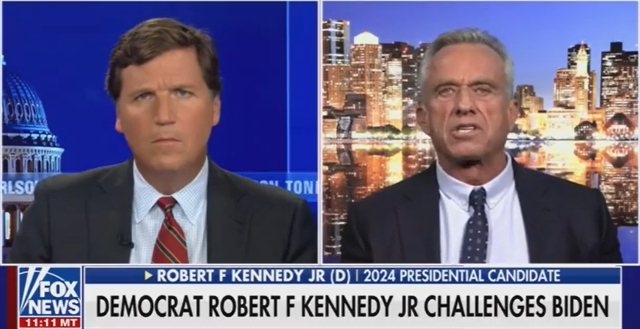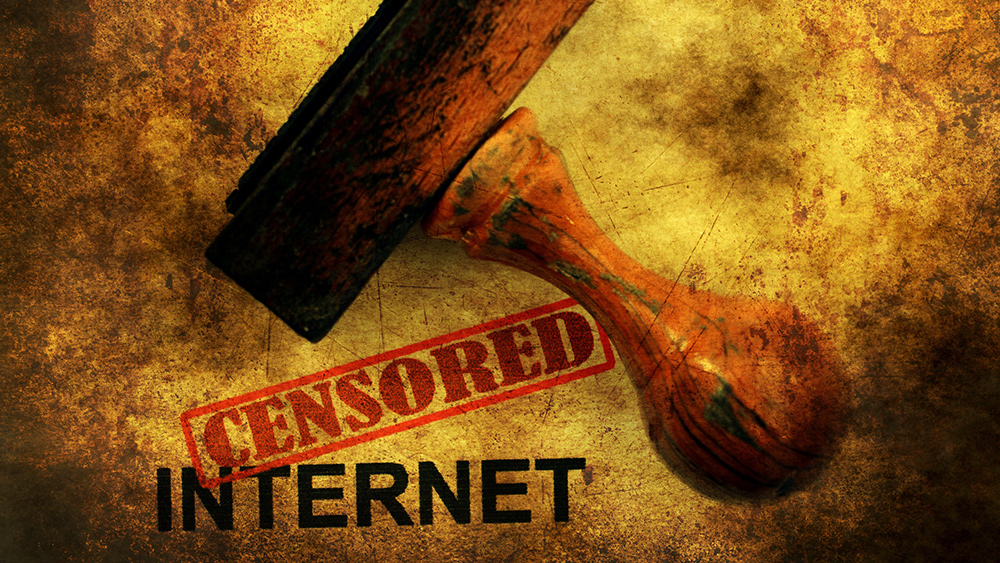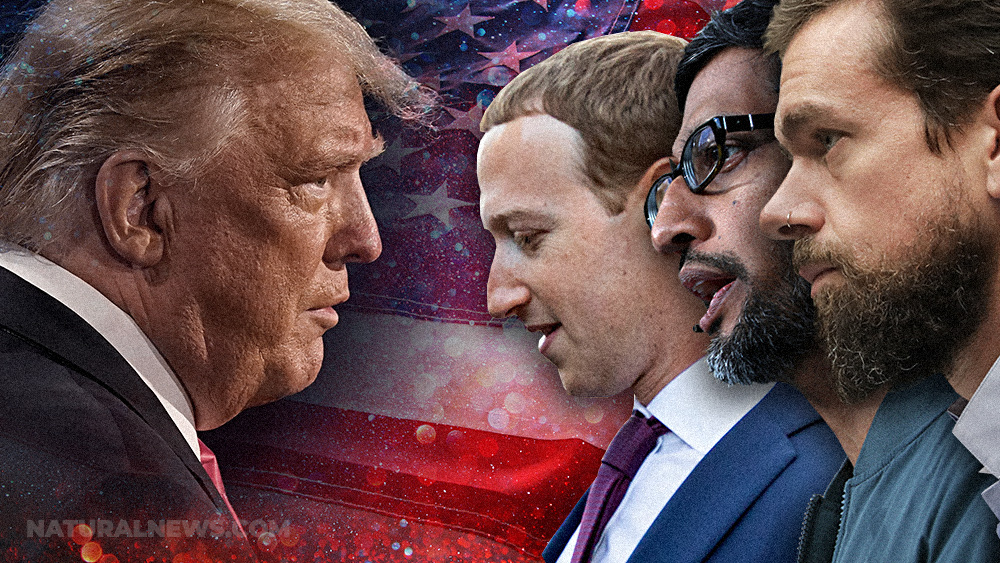
Conservative thinkers, pundits, and politicos have been reluctant to call on the Trump administration to intervene — with regulations, with policies, with rules — and Congress — with new legislation — against the growing power of Google, Facebook, Twitter, and other social media giants.
That’s because as conservatives they believe in the principle of the free market.
Conservative talker and former Secret Service agent Dan Bongino sums up this thinking.
“The Communications Decency Act protects Facebook, Twitter, YouTube and a lot of these other ‘platforms’ from being sued…because they claim platform, not publisher, status,” Bongino said during a recent podcast, adding that it is a very important distinction.
“You can be a publisher…like The New York Times, the Washington Post…that is a publisher,” he continued. “They produce content, both news and opinion. If that content proves to be intentionally malicious or defamatory…because they are a publisher…[they] can be sued. And they have been; some successfully, some not successfully.
“What protects Twitter, Facebook, and others is that under the [act] they get platform status,” he continued, noting that they claim that as platforms, not publishers, they can’t be held liable for posts.
However, Bongino goes on to note that they behave as publishers when they censor content and ban users for conservative political speech, and therefore ought to be covered under the act.
“You putting ‘hate agent’ in front of [bans] does not make you any less of a publisher,” he noted further. “You are clearly hiding behind this platform status to make editorial decisions.
But while making his point, Bongino and other free-market conservatives are not at all in favor of regulating the current social media behemoths. Rather, they believe more competition will serve to provide Americans with more choices and, hence, less censorship.
“The key to free speech you don’t like is more free speech to counteract the free speech you don’t like,” he said. “Not to duct tape their mouths shut.
“It is time for [the social media giants] either to acknowledge they are publishers and expose themselves to the liability component, or act as the platforms they claim to be,” he added. “You can’t have it both ways anymore.” (Related: Vimeo bans Project Veritas, Natural News on the same day as criminal tech giants collude to silence independent journalism.)
So how do you compete against a company that owns the whole market?
That said, he noted: “I do not agree that the government ought to be involved in breaking these companies up and regulate them. I think it’s a huge mistake” because when the Left is back in power, they will then use the same government regulatory schemes to pursue ‘hate’ policies against conservatives again.

That’s an admirable position to take and certainly a conservative free-market approach. But think about it: Google owns Android; Apple owns the iPhone brand. Between these two companies they have something like 97 percent of the smart phone market.
Smart phones, of course, are used for a variety of things besides just making phone calls and texting. They are also capable of retrieving news feeds, depending on the apps downloaded (a market that Apple dominates).
Google, meanwhile, accounts for about 88 percent of search engine market share; Facebook overwhelmingly dominates social media apps. And recent scientific research has shown that three platforms — Facebook, Google, and Twitter — have the potential to change 15 million votes in the 2020 elections.
The point is, the market occupied by these platforms, all of which are run by executives with a singular (Left-wing) political mindset and viewpoint, amounts to monopoly-like control over the social media market.
When nearly every corporation abused child labor in the late 19th and early 20th century, the government passed laws and issued regulations breaking up the practice.
When industries were polluting the air and water, the government stepped in and required them to clean up their act.
Bongino is right about the social media companies abusing the Communications Decency Act.
But if the Trump administration doesn’t enforce it and impose a publisher status on the social media behemoths, they aren’t going to change their practices — and with so much market share and control, they aren’t going to let a new platform get close to becoming big enough to challenge their dominance.
Read more about big tech censorship at BigTech.news and Censorship.news.
Sources include:
Please contact us for more information.





















